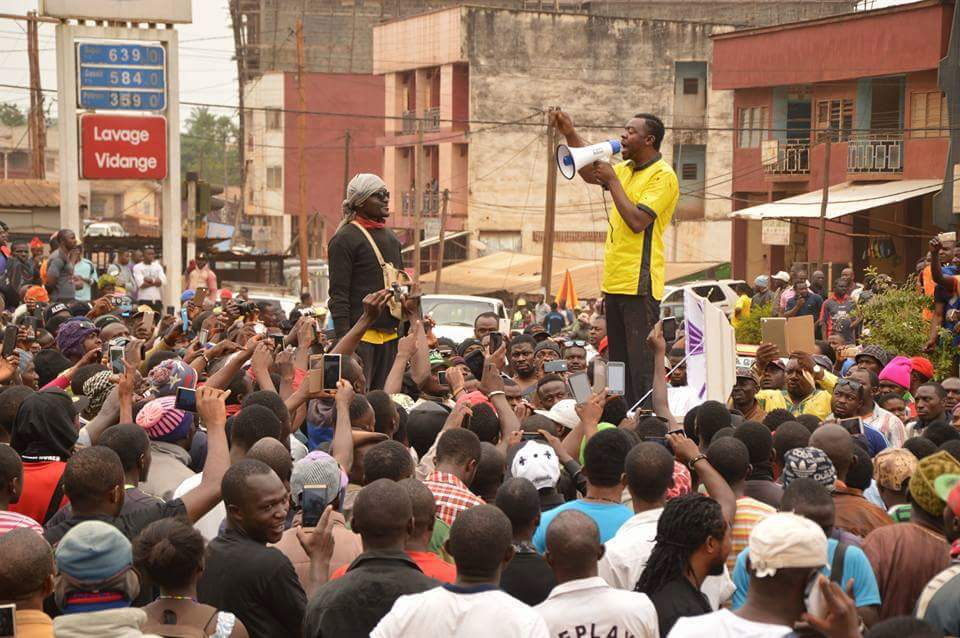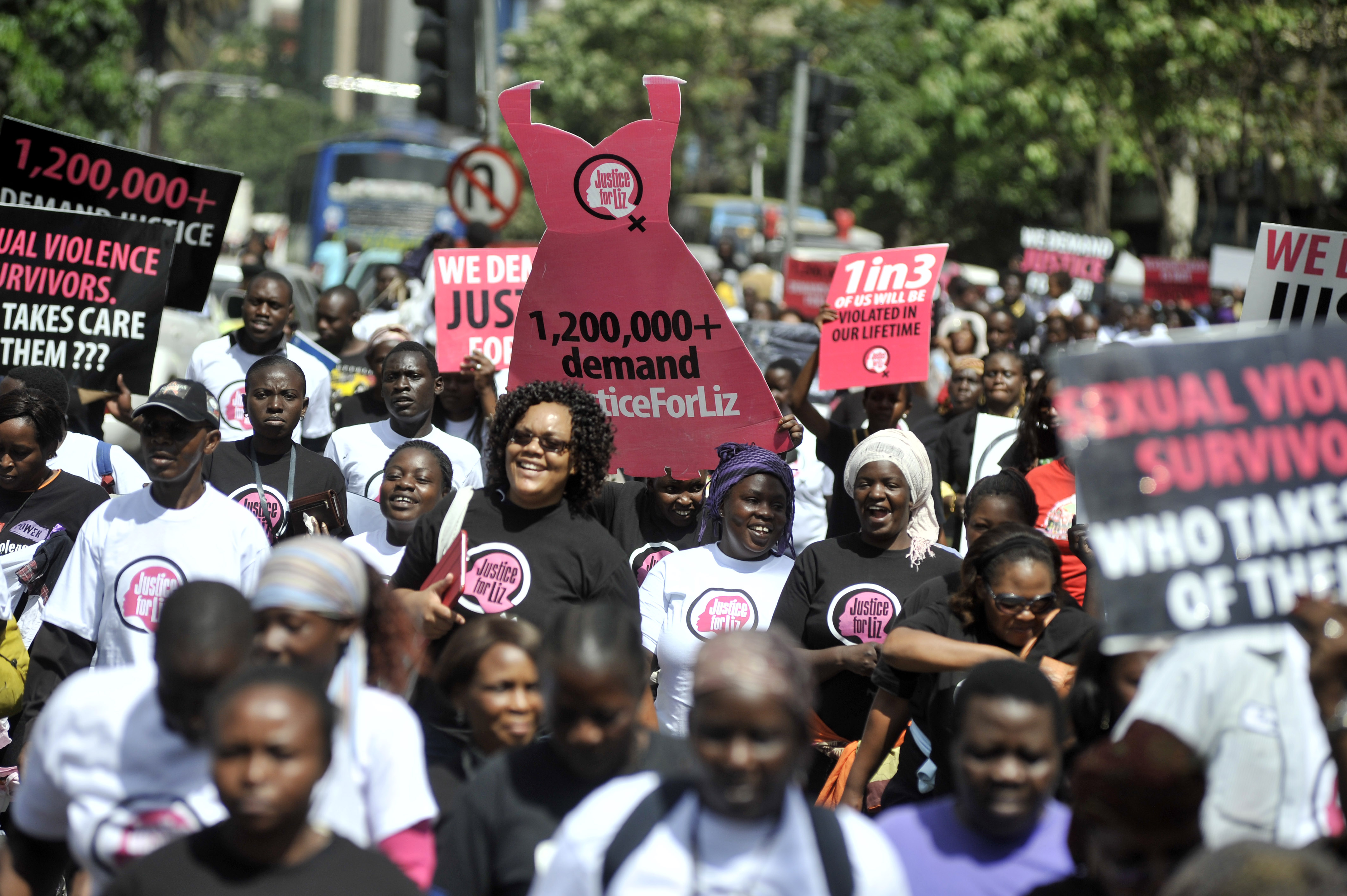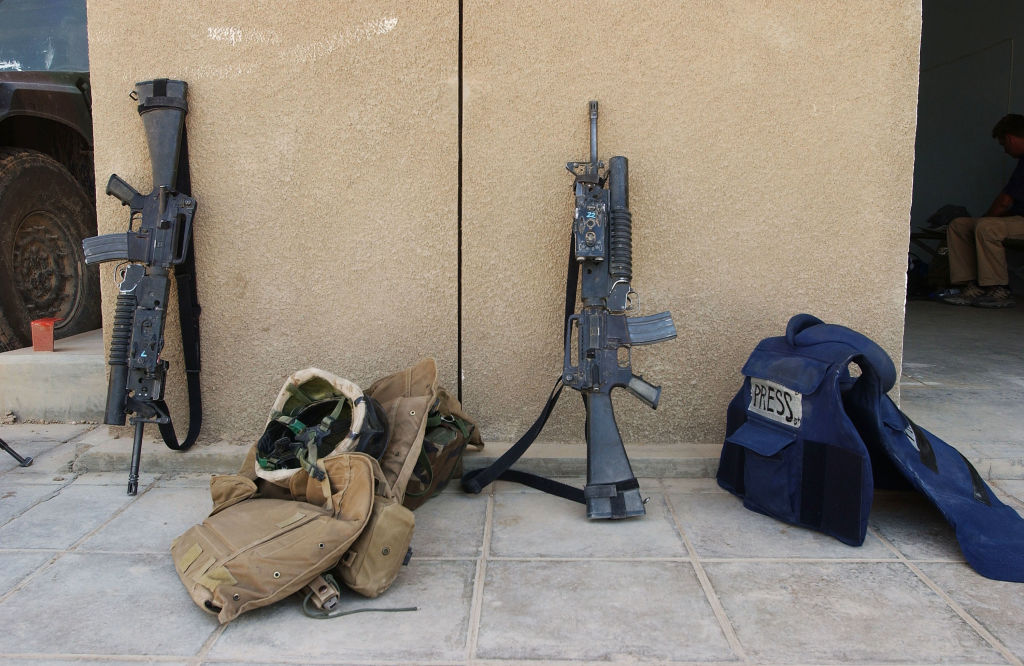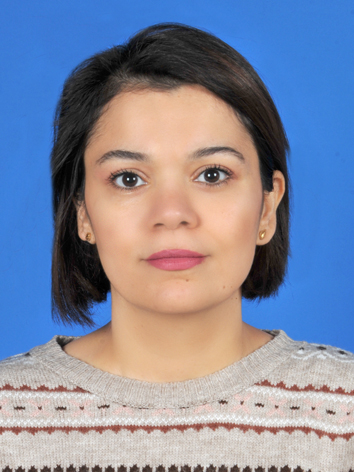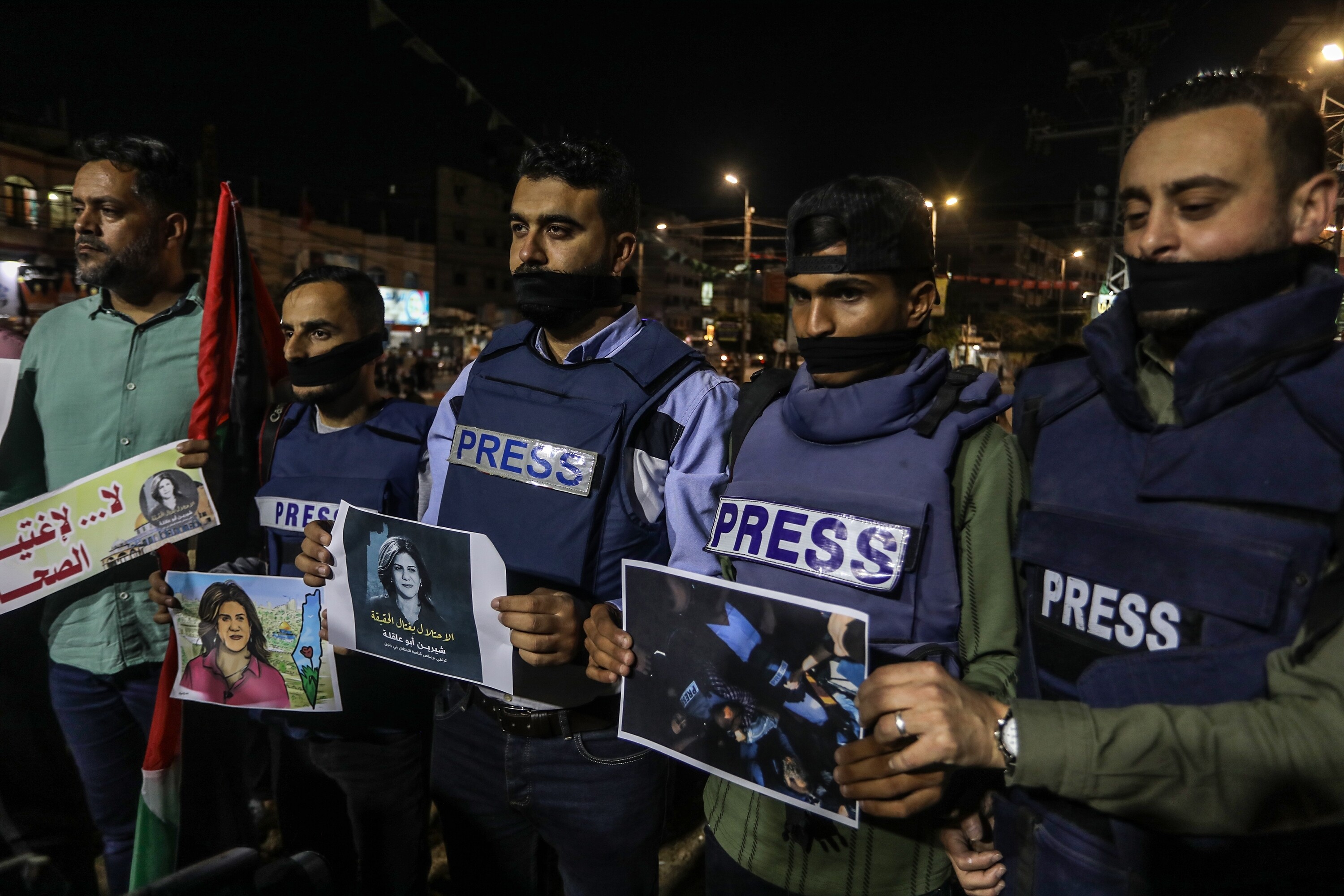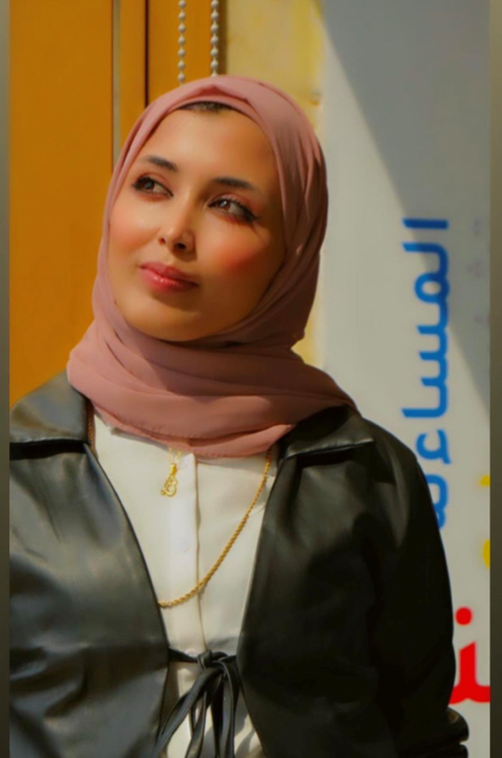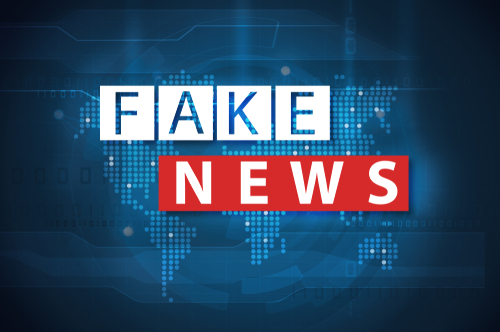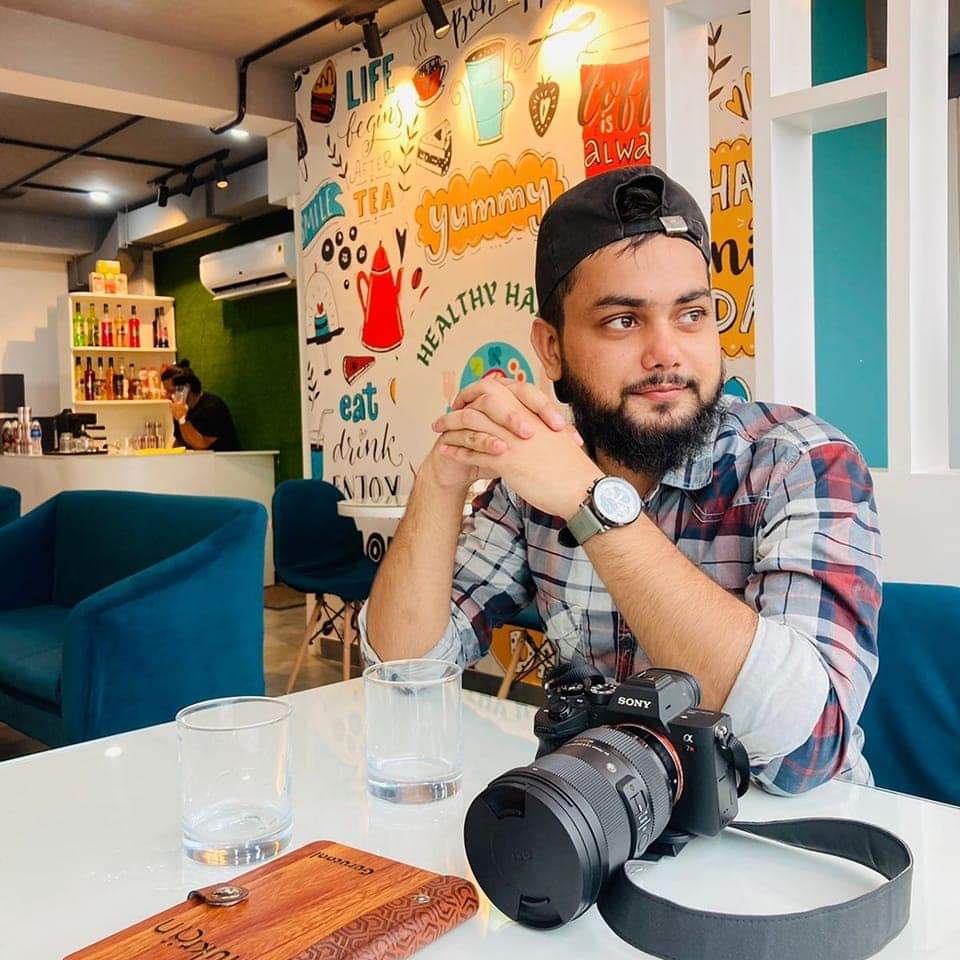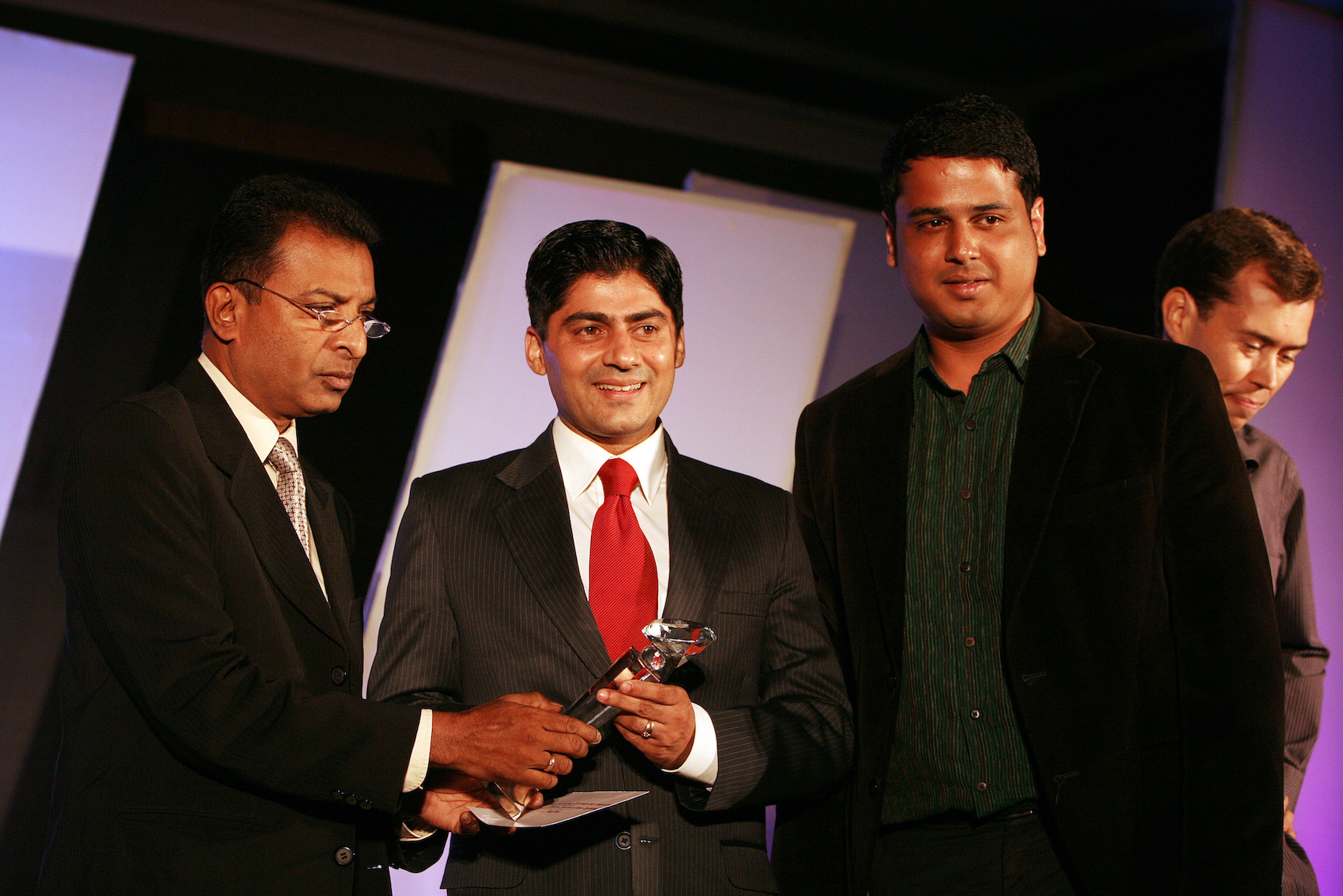For the past three months, the world has been closely monitoring the crimes committed by the Israeli occupation in Gaza through both audio and visual means. Despite the significant loss of Palestinian lives, predominantly children and women, and the suffering experienced by the residents of Gaza, appeals from international institutions, and global protests, world leaders have not taken effective measures to pressure Israel into ceasing its hostilities. Notably, the resolution adopted by the General Assembly was thwarted by a veto from the United States when the Security Council attempted to translate it into a consequential resolution.
The media plays a vital role in uncovering and documenting Israel's crimes and must continue to do so. It needs to extend its function to hold the perpetrators accountable and bring justice to the victims, including over 100 journalists who have lost their lives at the hands of the Israeli occupation forces since October 7th.
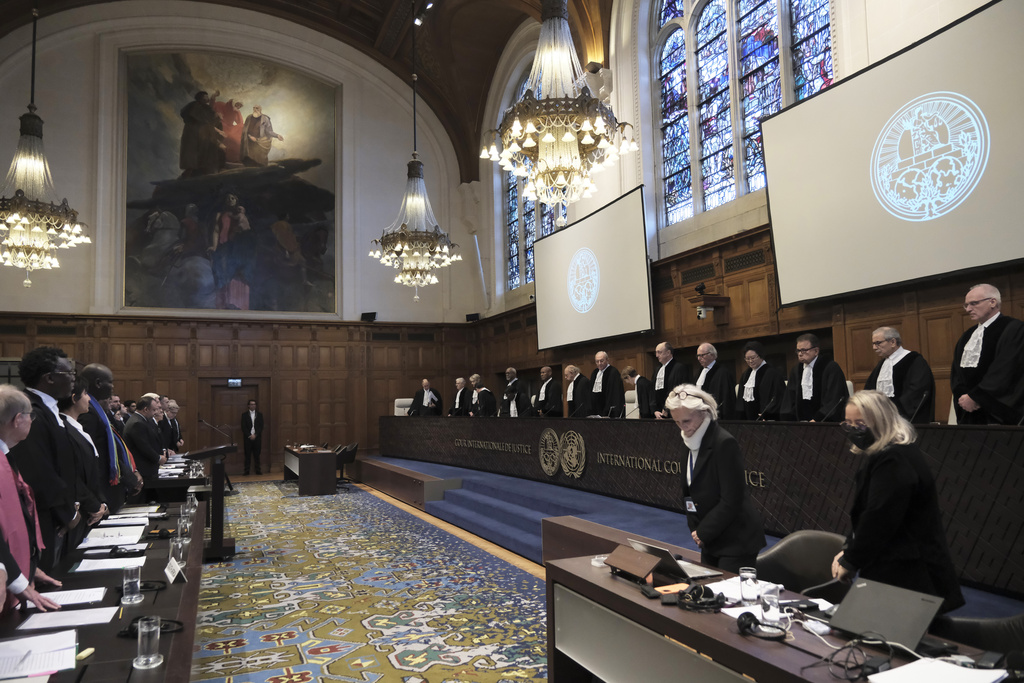
Judges and parties stand at the opening of the hearings at the International Court of Justice in The Hague, Netherlands, Thursday, Jan. 11, 2024. The United Nations' top court opens hearings Thursday into South Africa's lawsuit against Israel's war on Gaza amounts to genocide against Palestinians. (AP Photo/Patrick Post)
The case brought by South Africa before the International Court of Justice, which is scheduled for public hearings on Thursday and Friday (January 11th and 12th), may be the most politically sensitive, with repercussions that extend beyond Israel. States that could have prevented Israel from committing the crime of genocide and did not, and those that provided financial and military support, are considered accomplices to Israel in the crime, according to Article 3 of the Convention on the Prevention and Punishment of the Crime of Genocide. Even if direct lawsuits are not filed against them, the mere issuance of a verdict condemning Israel for committing genocide could cause significant embarrassment for these states.
Therefore, despite the independence of the court's judges and their obligation to maintain impartiality, significant pressure is expected to prevent other states from intervening in the lawsuit alongside South Africa. The issuance of a decision to cease fire or condemn Israel is likely to face obstacles. Consequently, the transparency of the trial, particularly the public hearing sessions and media coverage of the trial proceedings, becomes not only a means to inform the public but also a crucial tool for oversight and monitoring that can enhance the court's neutrality or reveal any biases.
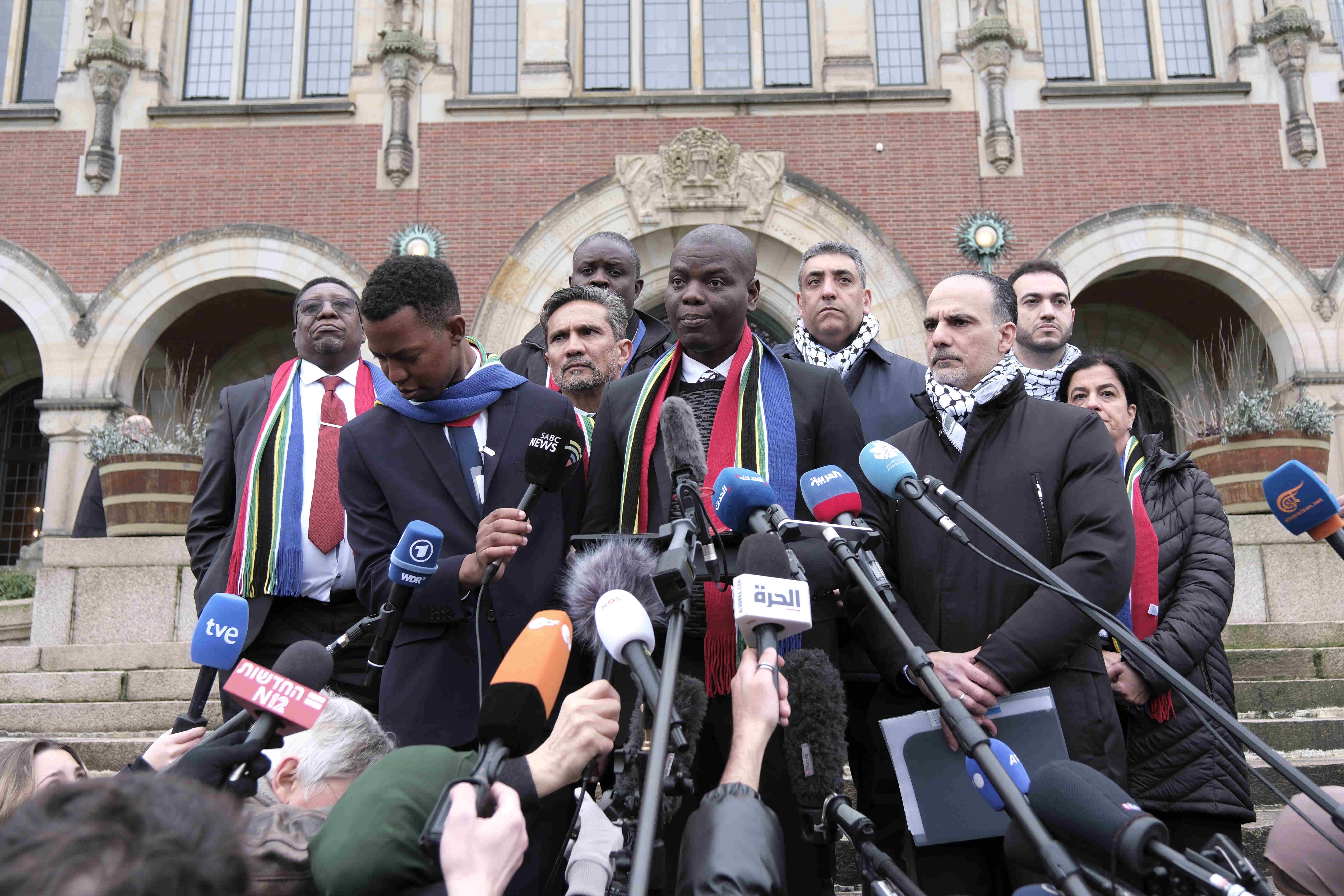
South Africa's Minister of Justice and Correctional Services Ronald Lamola, center, and Palestinian assistant Minister of Multilateral Affairs Ammar Hijazi, third right, address the media outside the International Court of Justice in The Hague, Netherlands, Thursday, Jan. 11, 2024. The United Nations' top court opens hearings Thursday into South Africa's lawsuit against Israel's war on Gaza amounts to genocide against Palestinians. (AP Photo/Patrick Post)
The media plays a vital role in uncovering and documenting Israel's crimes and must continue to do so. It needs to extend its function to hold the perpetrators accountable and bring justice to the victims, including over 100 journalists who have lost their lives at the hands of the Israeli occupation forces since October 7th.
Key Responsibilities of Journalists Covering the Case:
-
Examine Legal Documents:
- Journalists must delve into the details of the case by reviewing court documents, including statutes, rules of procedure, and all legal submissions.
- Understanding these documents is crucial for accurate and informed reporting.
-
Clarify Legal Jargon:
- It's essential to explain complex legal terms to the audience.
- Differentiate between the International Criminal Court (ICC) and the International Court of Justice (ICJ) to avoid confusion.
-
Attend and Report on Trial Sessions:
- Being present at public trial sessions allows journalists to provide firsthand accounts and live updates.
- This direct observation ensures comprehensive coverage of the proceedings.
-
Compare with Past Cases:
- Analyzing how this case aligns with or differs from previous international legal proceedings can offer valuable context and insights.
- This comparison helps in understanding potential outcomes and implications.
-
Present Balanced Arguments:
- It's vital to present and analyze arguments from all involved parties.
- Seeking commentary from legal experts can provide a deeper understanding and multiple perspectives.
-
Ongoing Reporting:
- Coverage should continue diligently until a final judgment is rendered.
- This commitment ensures that the public stays informed throughout the legal process.
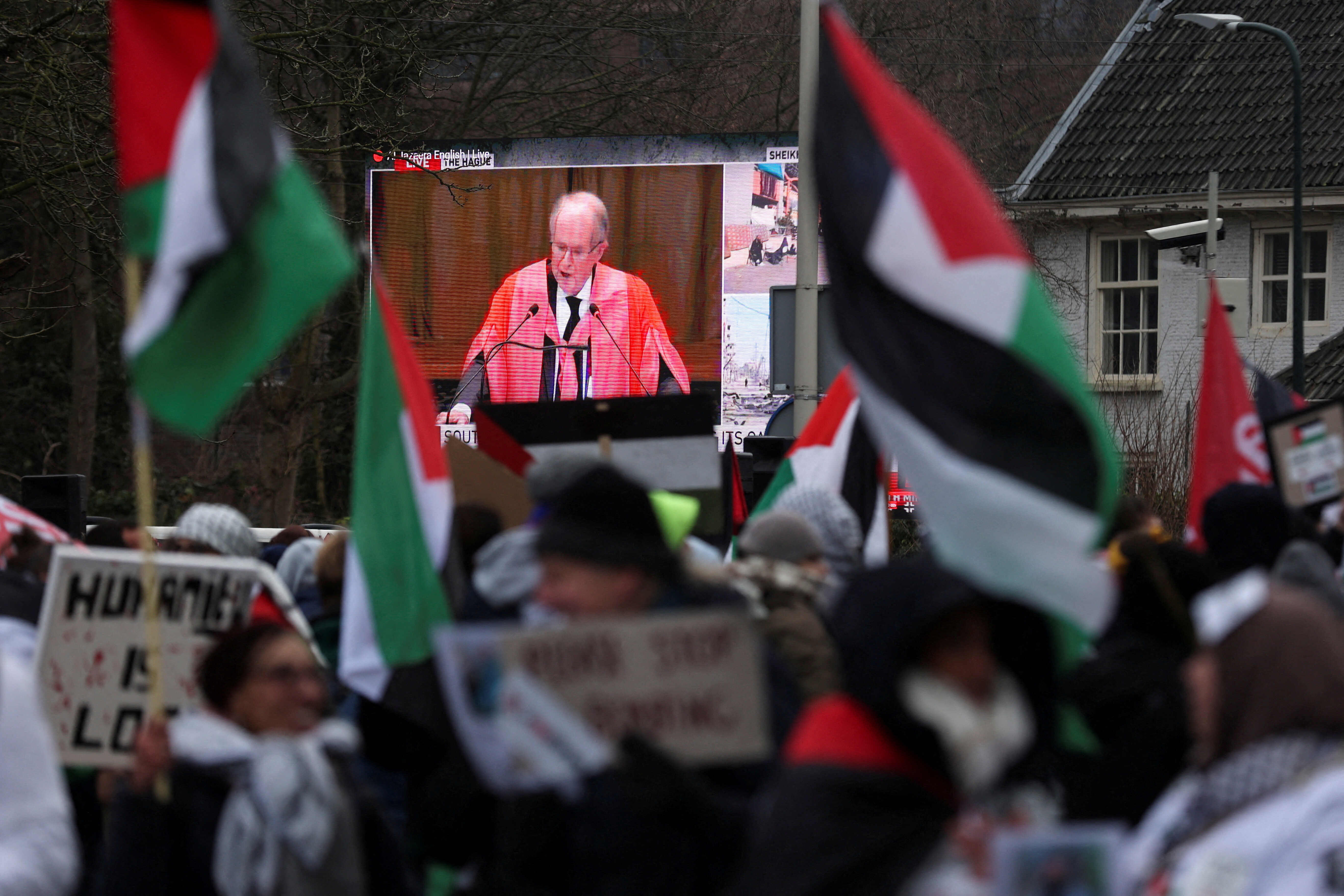
A view of a live broadcast displayed on a street as pro-Palestinian demonstrators protest near the International Court of Justice (ICJ) on the day judges hear a request for emergency measures to order Israel to stop its military actions in Gaza, in The Hague, Netherlands January 11, 2024. REUTERS/Thilo Schmuelgen
Before a final decision that may extend over months or years, the court will address objections raised by the defendant state (Israel), potentially challenging the court's jurisdiction or the admissibility of South Africa's case. The court is expected to affirm its jurisdiction and South Africa's right to file the lawsuit, as seen in similar cases like Gambia's lawsuit against Myanmar for alleged genocide against the Rohingya Muslim minority and actions by the Netherlands and Canada against Syria for violating the Convention Against Torture.
Furthermore, the court must rule on South Africa's request for provisional protective measures, such as issuing a ceasefire order and compelling Israel to preserve evidence, until a final judgment is rendered in the case. The temporary protective order becomes crucial at this stage. Will the court, as it has done repeatedly in previous cases, instruct Israel to halt its military operations in Gaza? Or will it decide that ceasing operations infringes on Israel's right to self-defense, contradicting its previous advisory opinion regarding the illegal separation barrier, which deemed that Israel, as an occupying power, does not have the right to self-defense?
This legal action is the second taken by South Africa, following the complaint submitted to the International Criminal Court, where the prosecutor has shown reluctance to investigate the case. The current case at the International Court of Justice, based on the provisions of the Convention on the Prevention and Punishment of the Crime of Genocide of 1948 (Genocide Convention), offers a new avenue for addressing these concerns.
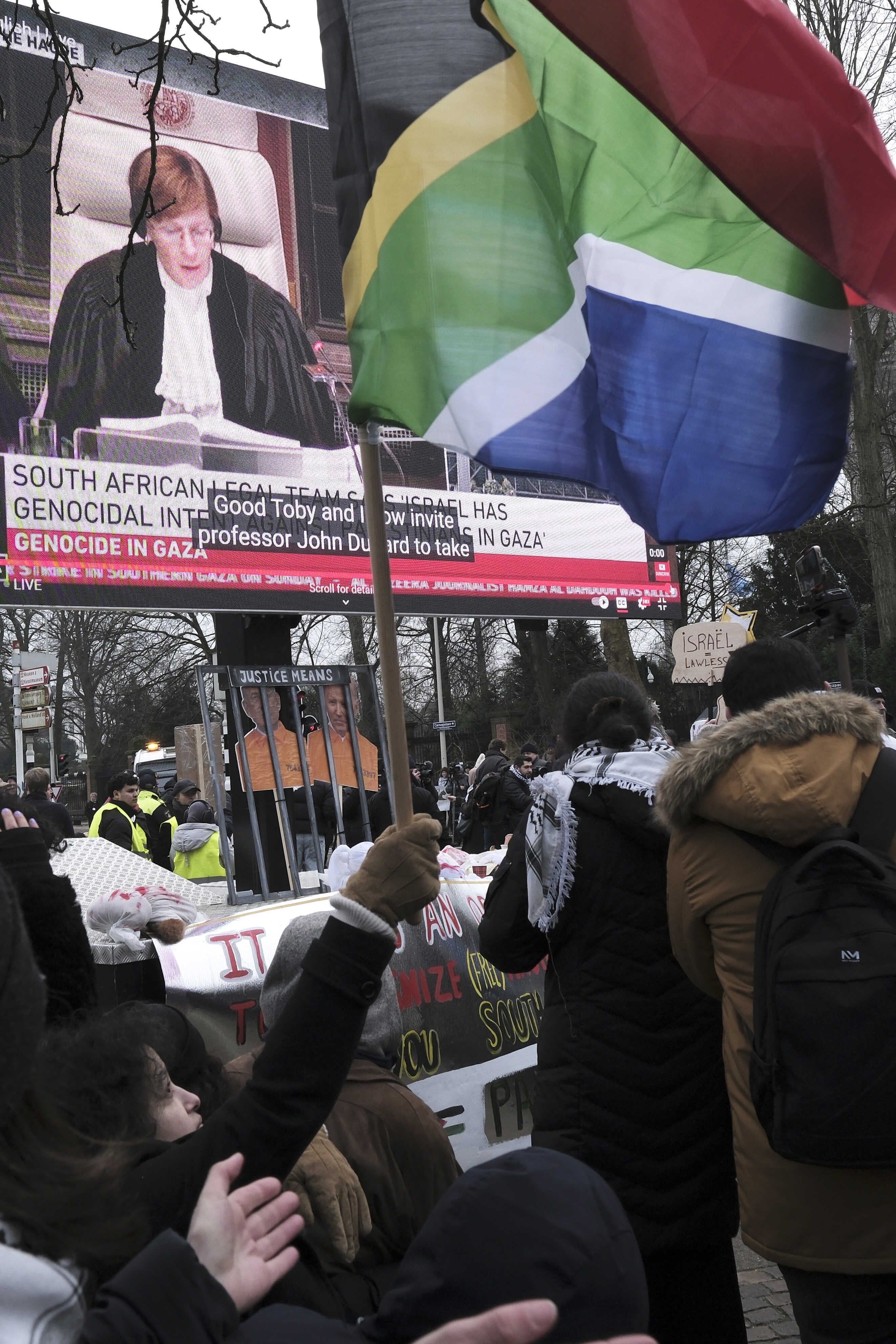
Pro-Palestine activist waves a South African flag in front of a giant video screen projecting a hearing during a demonstration outside the International Court of Justice in The Hague, Netherlands, Thursday, Jan. 11, 2024. The United Nations' top court opens hearings Thursday into South Africa's lawsuit against Israel's war on Gaza amounts to genocide against Palestinians. (AP Photo/Patrick Post)
The repeated use of the American veto against any resolution condemning Israel in the Security Council has eroded trust in the international legal system, particularly among Palestinians and their global supporters. However, this lawsuit offers a glimmer of hope for international accountability. A ruling requiring Israel to cease actions considered genocidal, as outlined in South Africa's lawsuit and supported by international law scholars, could lead to significant consequences, including reparations.
The International Court of Justice serves as the judicial branch of the United Nations, comprising 15 judges elected every three years by the General Assembly and the Security Council through separate votes. In cases of dispute, a participating state has the option to appoint an ad hoc judge if none of the sitting judges hail from its nationality. States are subject to the court's jurisdiction by consent, and one way to acknowledge the court's jurisdiction is through treaty participation.
Moreover, South Africa's legal basis for action against Israel lies in Article 9 of the Genocide Convention, which allows disputes, including a state's responsibility for genocide or other acts outlined in Article III, to be brought to the International Court of Justice upon request from any party in the dispute.
The court's decision on provisional measures, whether issued shortly after the hearing as in Ukraine's case against Russia, or later as in the cases against Syria and Myanmar, will be closely watched, awaiting a decision instructing Israel to cease fire. If Israel refuses to comply, the decision will be presented to the Security Council. The U.S. veto will then stand against international justice, prompting the international community (if the term remains meaningful) to take further actions. These actions may include refusing Israel's presence in the General Assembly, conducting economic boycotts, and imposing sanctions.



























![A demonstration against Israel's war on Gaza on Paulista Avenue in São Paulo on November 4, 2023, draws attention to the deaths of children while the media focuses on the war against terrorists. [Photo: Lina Bakr]](/sites/default/files/ajr/2024/Picture1.png)

